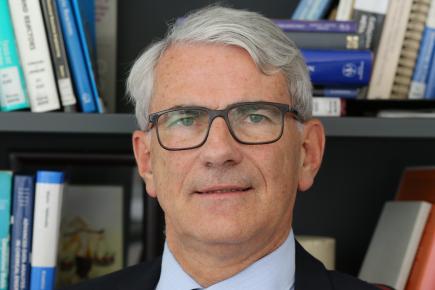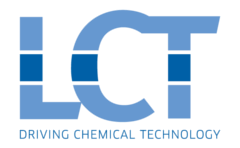Guy B. Marin

Guy B. Marin is founding member of the Laboratory for Chemical Technology (LCT) and the Center of Sustainable Chemistry (CSC) at Ghent University. Prior to that, after a stay as Fulbright fellow at Stanford University and its spin-off Catalytica Associates, he has been teaching at the Department of Chemical Engineering and Chemistry of Eindhoven University of Technology.
His research on chemical kinetics and engineering, aimed at the modeling and design of chemical processes and products all the way from molecular up to industrial scale, lead in 2015 to a spinoff company Avgi(external link). In that year he was also elected as member of the Royal Flemish Academy of Belgium for Sciences and Arts.
He co-authored two books, “Kinetics of Chemical Reactions: Decoding Complexity” and “Advanced Data Analysis and Modelling in Chemical Engineering”, as well as more than 700 papers in high impact journals and is co-inventor in 6 filed patents. He is co-editor of the “Chemical Engineering Journal(external link)” (with highest impact factor of the core chemical engineering journals) and co-editor-in-chief of “Current Opinion in Chemical Engineering(external link)”. He has ample experience as member International Scientific Advisory Boards and is “Master” of the 111 project of the Chinese Government for overseas collaborations in his field.
His ERC Advanced grant on “Multiscale Analysis and Design for Process Intensification and Innovation” (2012-2017) paved the way towards transdisciplinary collaborations in the context of the transition from a linear to a circular economy.
